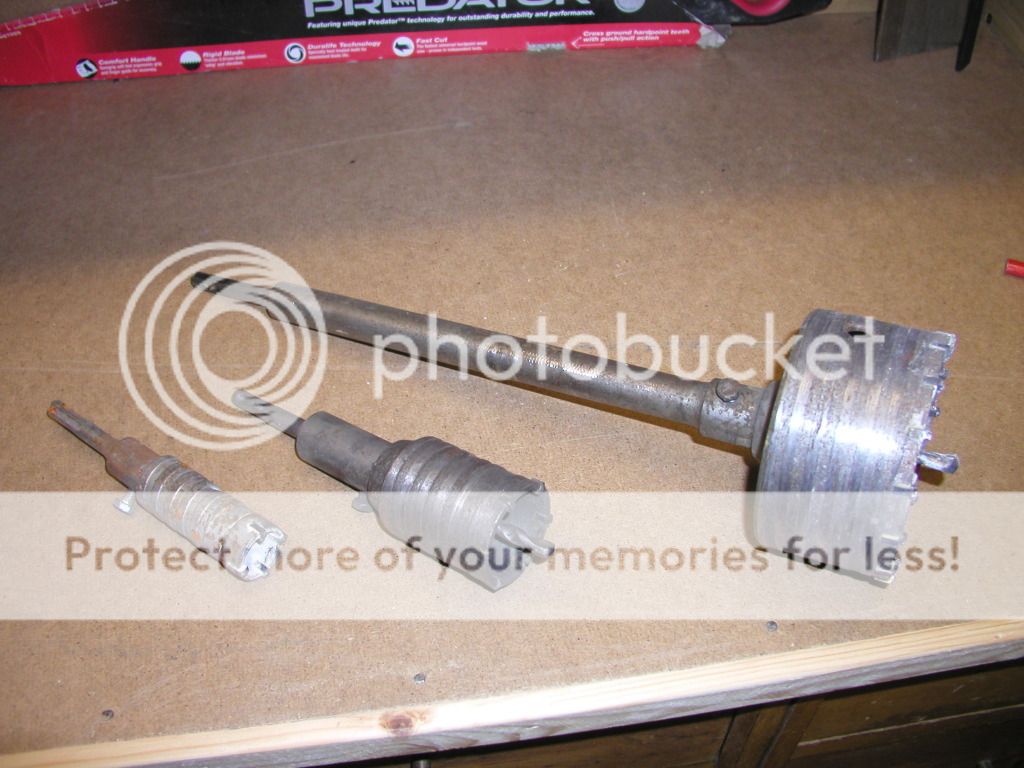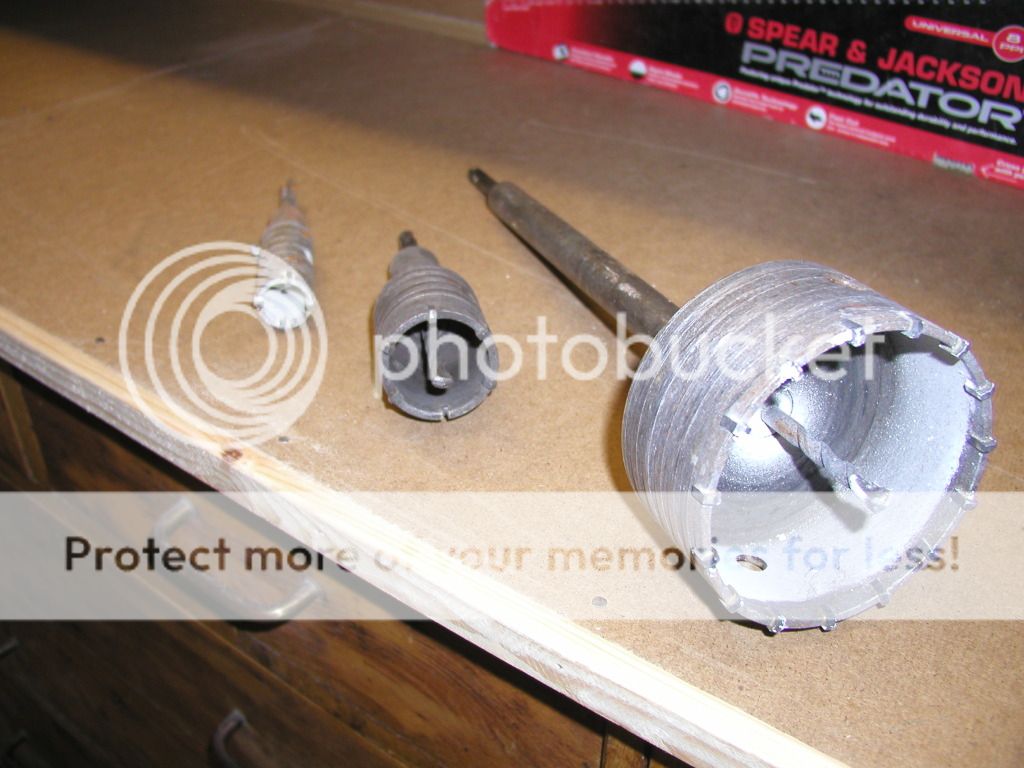rpfn140378
Established Member
Hi guys.
I need to drill a 100mm diameter hole in my kitchen for the extractor fan ducting. After googling a bit I found a reasonable price on one website. I don't need anything too professional because I'm a DIY person and I'm not doing this sort of holes everyday. Instead of hiring it for £50 I can buy one and keep it to use in any other property that I can move to.
I always like to buy professional tools to do my bits and pieces but in this situation I don't think I need something too expensive.
Please check the link below and tell me what you guys think:
http://www.bamfordtrading.com/products/ ... drill.html
I need to drill a 100mm diameter hole in my kitchen for the extractor fan ducting. After googling a bit I found a reasonable price on one website. I don't need anything too professional because I'm a DIY person and I'm not doing this sort of holes everyday. Instead of hiring it for £50 I can buy one and keep it to use in any other property that I can move to.
I always like to buy professional tools to do my bits and pieces but in this situation I don't think I need something too expensive.
Please check the link below and tell me what you guys think:
http://www.bamfordtrading.com/products/ ... drill.html





